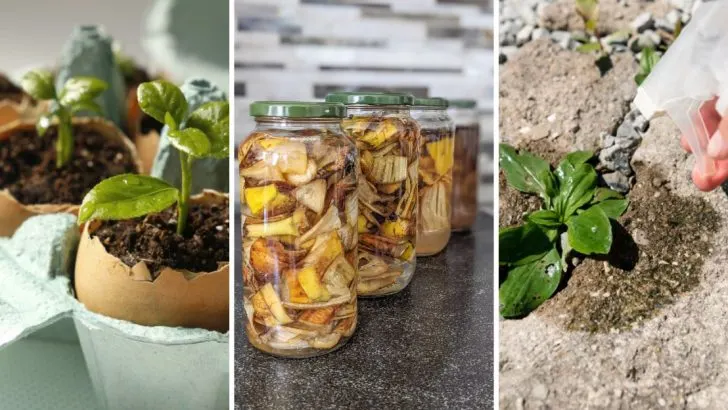Gardening can be a joy, but it’s even better when you discover tips and tricks that make the process easier and more rewarding. These 15 gardening hacks are designed to save you time, effort, and money while helping your plants thrive.
From clever ways to recycle household items to natural pest repellents, these ideas will transform your gardening experience. Whether you’re a seasoned pro or just starting out, you’ll wish you’d known these genius tips sooner!
Eggshell Seed Starters
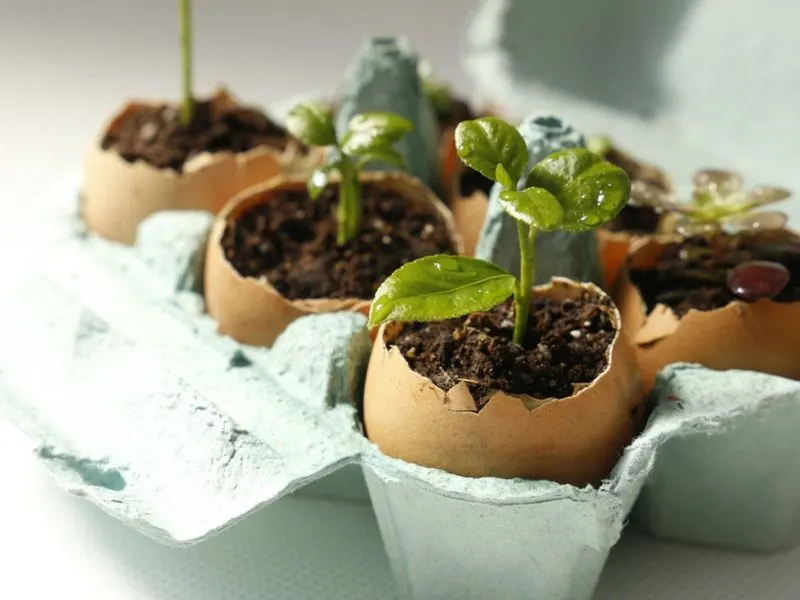
Cracked eggshells make excellent containers for starting seeds. Fill each half with soil, plant your seed, and when ready to transplant, simply place the shell in the ground. The eggshell will decompose and provide nutrients. This method is not only sustainable but also cost-effective. Plus, it’s a great way to recycle kitchen waste. Many gardeners swear by this hack for its simplicity and effectiveness. Embrace this natural approach to nurturing seedlings without the need for plastic pots. Try this out with herbs for an indoor garden experience that’s both green and rewarding.
Coffee Grounds for Better Soil
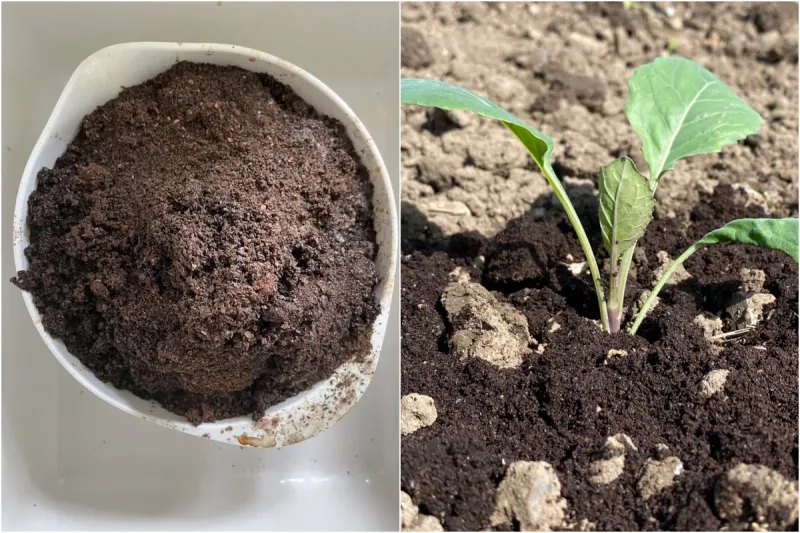
Used coffee grounds are a fantastic addition to your compost heap or directly to the soil. They add nitrogen, improve drainage, and enhance water retention. This hack not only benefits the plants but also reduces kitchen waste. Gardeners have observed healthier, more vibrant plants after incorporating coffee grounds. It’s also a natural deterrent for pests like slugs. Make sure to use them sparingly to avoid soil acidification. Ideal for acid-loving plants like azaleas and roses, this tip turns your morning routine into a garden boost.
Banana Peel Fertilizer
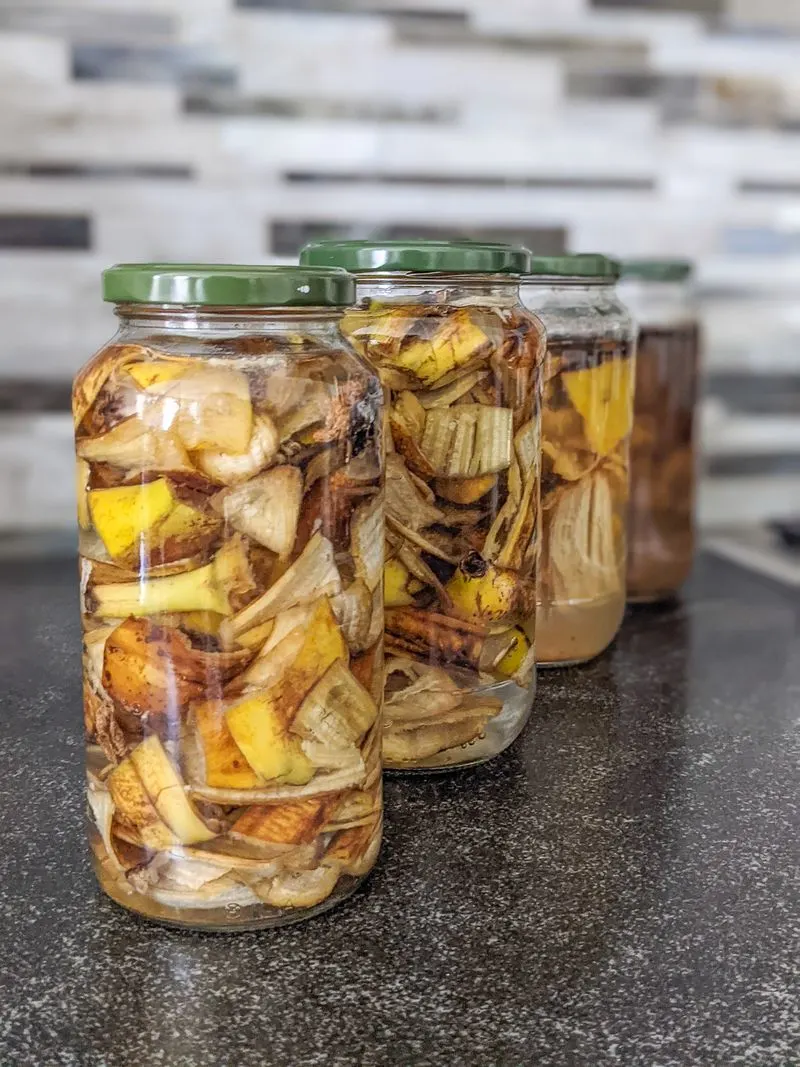
Banana peels are rich in potassium, phosphorus, and calcium, making them a superb natural fertilizer. Simply bury peels in the soil near your plants, allowing them to decompose and release nutrients. This trick is particularly beneficial for flowering and fruiting plants. Gardeners appreciate how this hack offers a zero-cost solution to boost plant health. Not only does it reduce waste, but it also enhances soil quality organically. By leveraging this household waste, you provide a slow release of essential minerals without resorting to chemicals.
DIY Self-Watering System
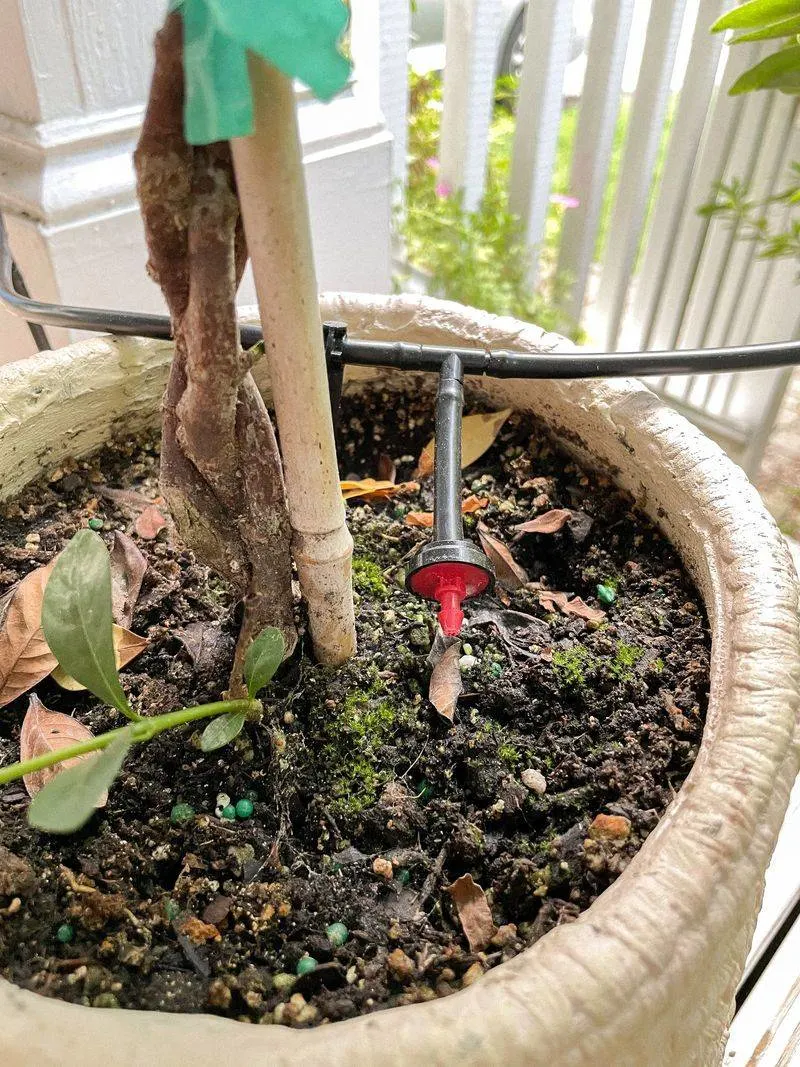
Create a simple self-watering system using a plastic bottle. Poke holes in the cap, fill the bottle with water, and invert it into the soil. This allows plants to absorb water as needed, reducing the frequency of watering. It’s perfect for vacation times when you can’t tend to your garden. This hack ensures your plants remain hydrated without overwatering. Suitable for both indoor and outdoor plants, it’s an easy DIY project. Many find this method incredibly efficient in maintaining moisture levels, especially during hot, dry weather.
Neem Oil as a Natural Pesticide
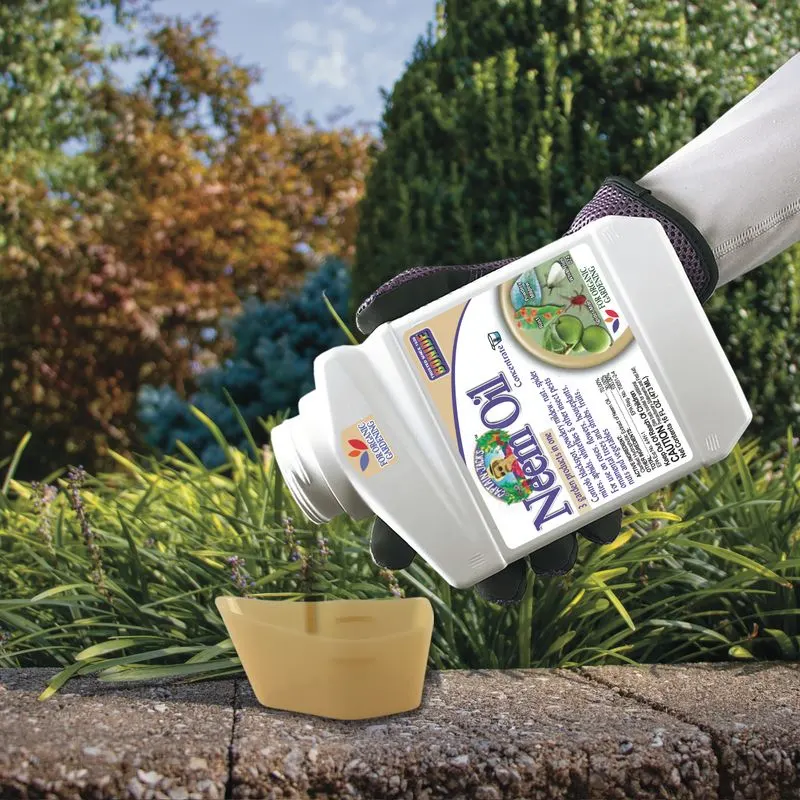
Neem oil is a versatile, natural pesticide that combats a wide range of pests without harming beneficial insects. Mix with water and spray directly on affected plants. It’s particularly effective against aphids, spider mites, and whiteflies. This organic solution is favored for its safety and effectiveness. Gardeners love how it provides protection without chemicals. Regular application keeps your plants healthy and pest-free. Suitable for vegetables, fruits, and ornamental plants, neem oil is a must-have in any gardener’s toolkit. It’s a sustainable hack for a thriving, pest-free garden.
Epsom Salt for Greener Plants
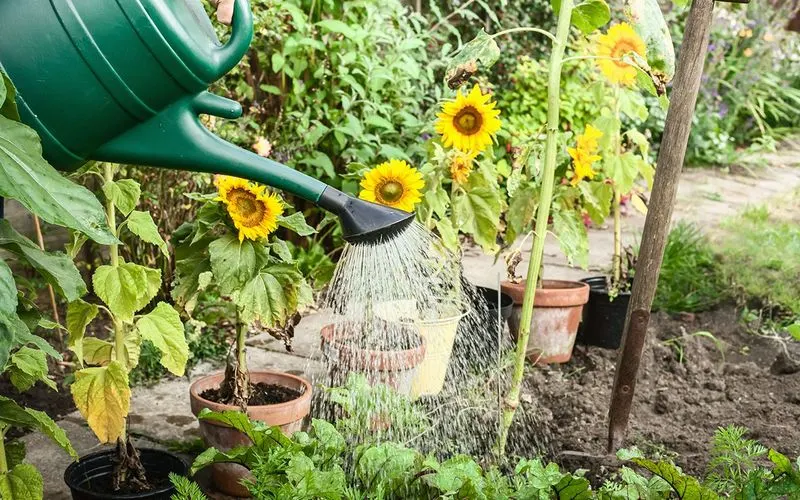
Epsom salt, rich in magnesium, is an excellent supplement for greener, healthier plants. Dissolve in water and apply to the soil or as a foliar spray. It improves nutrient uptake and enhances green foliage. Gardeners notice a significant difference in plant vitality after using this hack. Suitable for tomatoes, peppers, and roses, it promotes vibrant blooms and robust growth. This inexpensive solution is a favorite among seasoned gardeners. By integrating Epsom salt into your routine, you can boost plant health naturally and efficiently. Remember to apply every few weeks for optimal results.
Vinegar for Weed Control
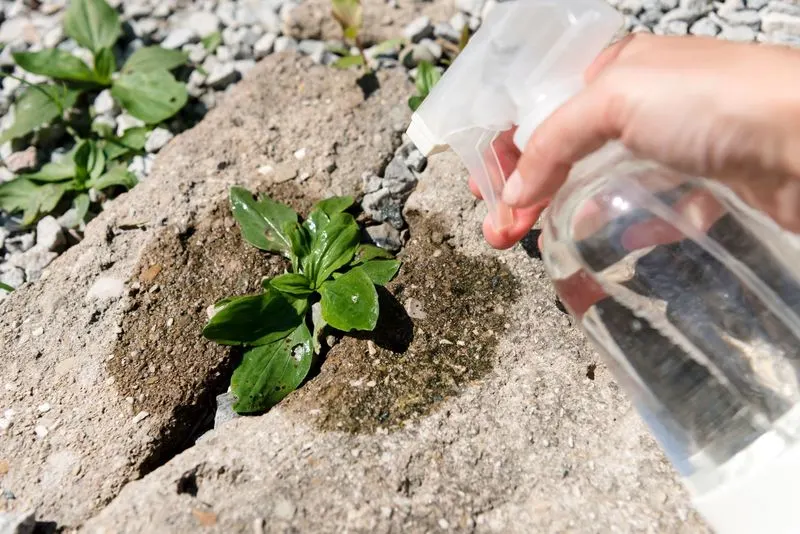
Vinegar is a powerful, natural weed killer that’s both effective and environmentally friendly. Apply it directly onto weeds on a sunny day. The acid in vinegar dehydrates the plant, killing it without the need for harmful chemicals. This hack is ideal for driveways, sidewalks, and garden paths. Gardeners appreciate its effectiveness and affordability. However, caution is advised as vinegar can harm desired plants if applied carelessly. This solution offers a non-toxic alternative to commercial weed killers. Keep your garden tidy while protecting the environment with this simple, household ingredient.
Baking Soda for Sweeter Tomatoes

Sprinkle baking soda around the base of your tomato plants for sweeter tomatoes. The baking soda reduces soil acidity, which enhances the sweetness of the fruit. Gardeners report noticeable improvements in flavor without altering plant growth. This hack is easy to implement and doesn’t require any special tools. It’s a favorite among tomato enthusiasts seeking that perfect, homegrown taste. Incorporate this simple trick into your gardening routine for a delicious payoff. Just be sure to use sparingly to avoid altering soil pH too drastically, ensuring plants thrive.
Hydrogen Peroxide for Root Health
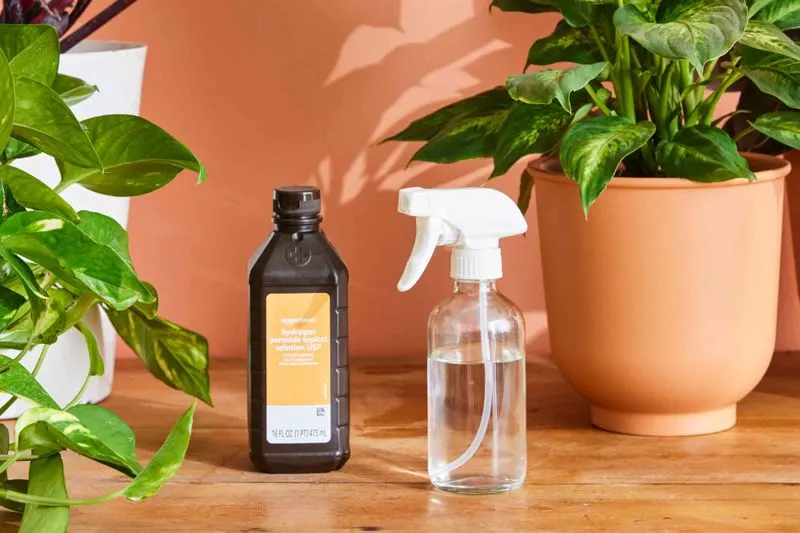
Hydrogen peroxide isn’t just for first aid. When diluted with water, it’s perfect for boosting root health. This solution oxygenates the soil, promoting healthier roots and preventing root rot. Many gardeners rely on this inexpensive hack to improve plant vitality. It’s particularly useful for overwatered plants needing recovery. Regular application can lead to stronger, more resilient roots. By adding this step to your plant care routine, you ensure robust growth and flourishing plants. Always dilute to prevent damage; a little goes a long way in promoting healthy root systems.
Cinnamon as a Fungicide
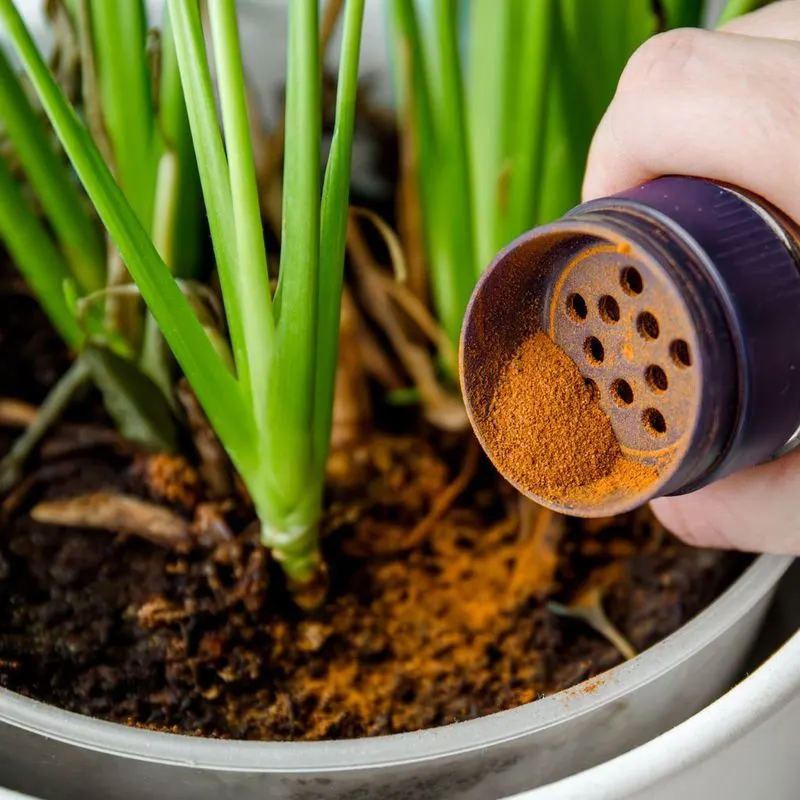
Cinnamon is a natural fungicide that helps prevent ‘damping-off’ disease in seedlings. Sprinkle a bit on the soil’s surface to deter fungal growth. Its antifungal properties make it a go-to for gardeners starting seeds indoors. This hack is simple and requires no special equipment. Gardeners love its accessibility and effectiveness. By incorporating cinnamon, you can protect young plants naturally. It’s a smart, non-toxic solution to a common gardening problem. Enhance your seedling success rate with this fragrant spice. Incorporate cinnamon into your arsenal of gardening tools for healthier, stronger seedlings.
Milk Spray for Powdery Mildew
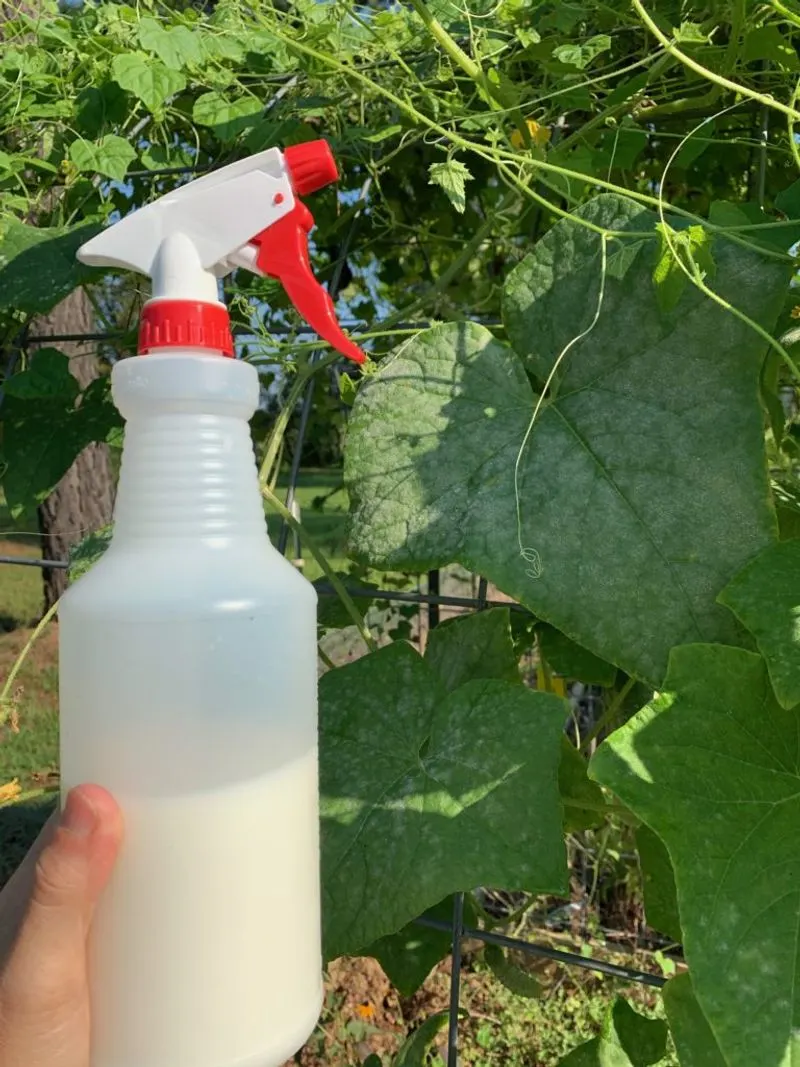
A milk spray can effectively combat powdery mildew on plants. Mix milk and water, and spray onto affected leaves. The lactic acid in milk acts as a natural antifungal, reducing mildew without harmful chemicals. This hack is both cost-effective and easy to apply. Gardeners favor this method for its simplicity and safety for edible plants. Regular use can prevent mildew from spreading, ensuring plant health. Embrace this gentle solution to a common garden ailment. By using milk, you protect plants sustainably and efficiently, maintaining their beauty and vitality throughout the growing season.
Bubble Wrap Greenhouse Effect
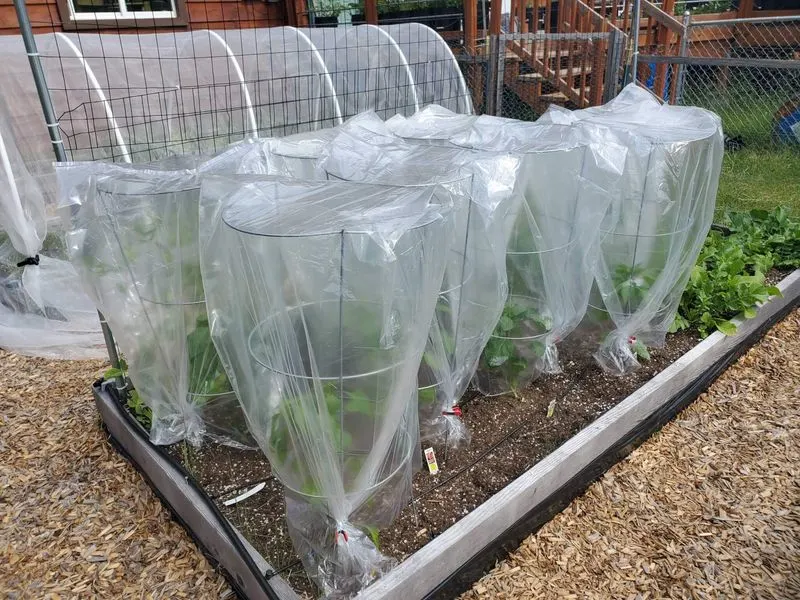
Bubble wrap isn’t just for packing. Use it to insulate pots and create a mini greenhouse effect. It helps retain heat, protecting plants during cold spells. This hack is ideal for extending the growing season in cooler climates. Gardeners love its practicality and low cost. It’s particularly effective for delicate plants needing extra warmth. Simply wrap pots or even small beds. By trapping heat, bubble wrap aids in maintaining optimal temperatures. This method proves invaluable for gardeners facing unpredictable weather. Keep your plants cozy and thriving with this inventive use of household materials.
Companion Planting for Pest Control
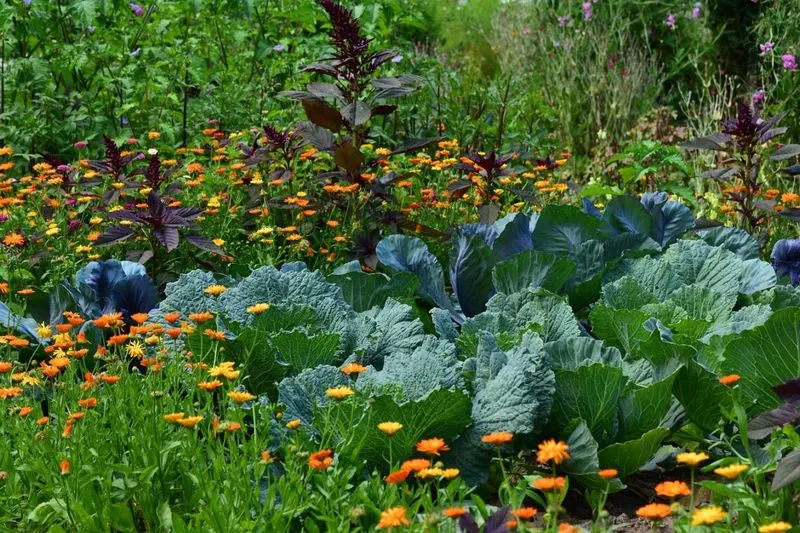
Companion planting involves growing certain plants together to naturally deter pests. For instance, planting marigolds alongside tomatoes can repel nematodes. This hack promotes biodiversity and reduces the need for chemical pesticides. Gardeners enjoy the added benefits of improved pollination and plant health. Many have found success in using this method to manage pests organically. Companion planting not only saves money but also enhances the aesthetics of your garden. Explore different plant combinations to find what works best for your garden. This strategy supports a thriving and balanced garden ecosystem.
Rainwater Collection for Sustainable Watering
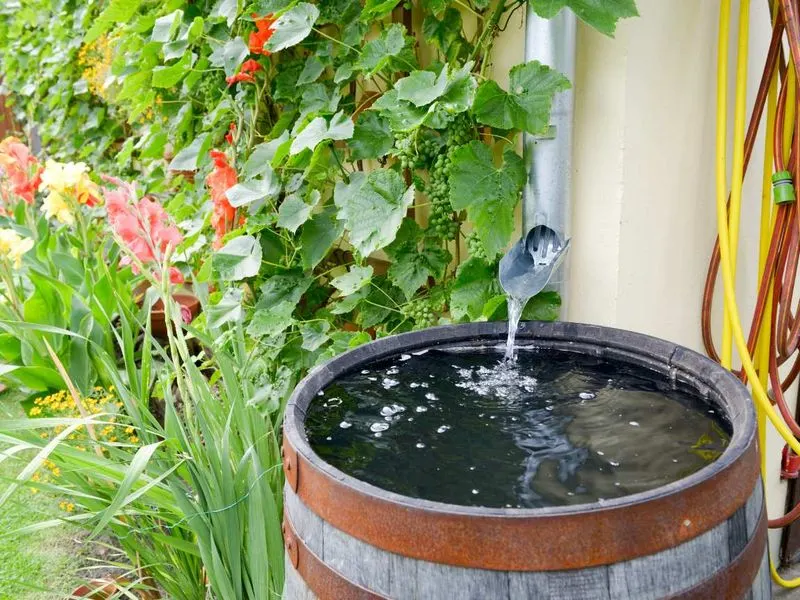
Collecting rainwater is an eco-friendly way to water your garden. Install a rain barrel to capture runoff from gutters. This sustainable practice conserves water and reduces utility costs. Gardeners appreciate the natural benefits rainwater offers, such as balanced pH and nutrient-rich water. It’s an excellent way to make the most of rainy days. Use collected water for both ornamental and edible plants. This hack supports a sustainable garden by reducing reliance on treated tap water. Implement rainwater collection to nurture your garden naturally, contributing to a greener planet.
Newspaper Mulch for Weed Suppression
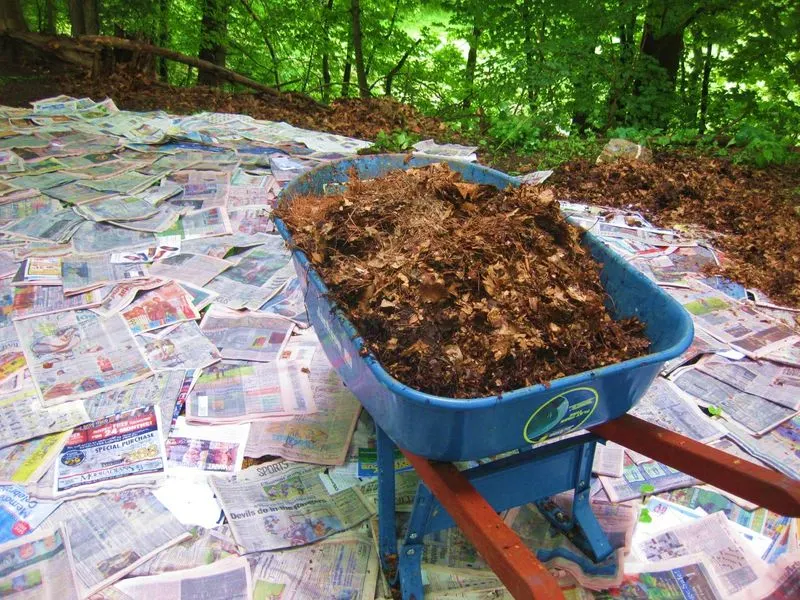
Newspaper mulch is a simple, effective way to suppress weeds and retain soil moisture. Lay sheets around plants, then cover with wood chips or straw. This method blocks sunlight, preventing weeds from growing. Gardeners value its affordability and ease of use. It also recycles household materials, making it an environmentally friendly option. Perfect for vegetable gardens, this hack reduces the need for herbicides. By using newspapers, you enhance soil health and maintain a tidy garden appearance. Start using newspaper mulch to enjoy a low-maintenance, weed-free garden.

